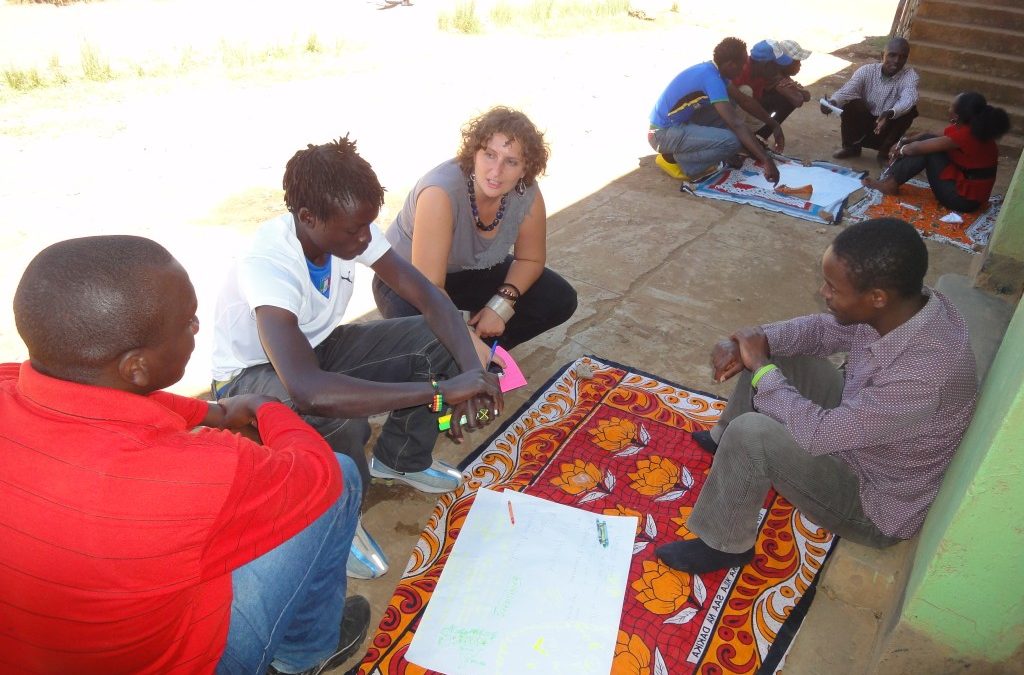On a recent evaluation and facilitation project, I came on as the new hire to a well-developed team. The client was a prestigious foundation, and it was a high stakes project for everyone involved.
I was expected to hit the ground running and had no time to get myself acquainted with the particular work style of this team. Over time, my initial discomfort increased, rather than decreased. My colleague’s management style favored attention to details over big picture thinking, and I learned from this process that I’m more of a big picture person.
My gut started to tell me we were missing something. I didn’t feel comfortable asking my busy colleagues to talk about something I couldn’t put my own finger on, though. Imagine asking a colleague: “I want to have a meeting with you, but I don’t know what it’s about!”
Instead, I retreated into a deep, self-critical mode. “My discomfort must be about my ego,” I thought. Did my ego create the struggle with my team because the management style being utilized was out of my comfort zone? Was my ego trying to push the big picture on the table at every meeting to gain control? Did I simply need to trust my colleagues more and let go?
So I tried something different. I gave my ego a good slap, and practiced letting go for the next few weeks.
Over time, the fact that a big-picture perspective was missing gave the project an unexpected jolt. After we identified a strategy to address the jolt, I found myself feeling more relaxed, and the nagging feeling was gone.
It was then that I realized that my discomfort had not been ego-driven. It was my intuition prompting me to pay attention and speak up.
Over the course of the project, I had chosen to silence my intuition, when instead I could have hosted an explorative conversation. I could have said: “You know, something in my gut tells me we’re missing something, but I can’t put my finger on it. Could we have some time, maybe just 30 minutes, to brainstorm on our overall framework to see whether my feeling is well founded?” I’m sure my teammates would have accepted the invitation.
While maintaining a practice of being aware of one’s ego getting in the way is a helpful one, I now aspire to host a balance within myself between self-critique and self-trust.
Maintaining this balance is critical self-facilitation work because both extremes –self-critique and self-trust– can strangle conversations. Both can make us get so wrapped up in our own minds that we lose touch with the needs of a group or process. We disconnect from the intelligence of our hearts, which can guide us through challenges. Hosting that balance within ourselves allows us to host it in the rooms where we carry our craft.

